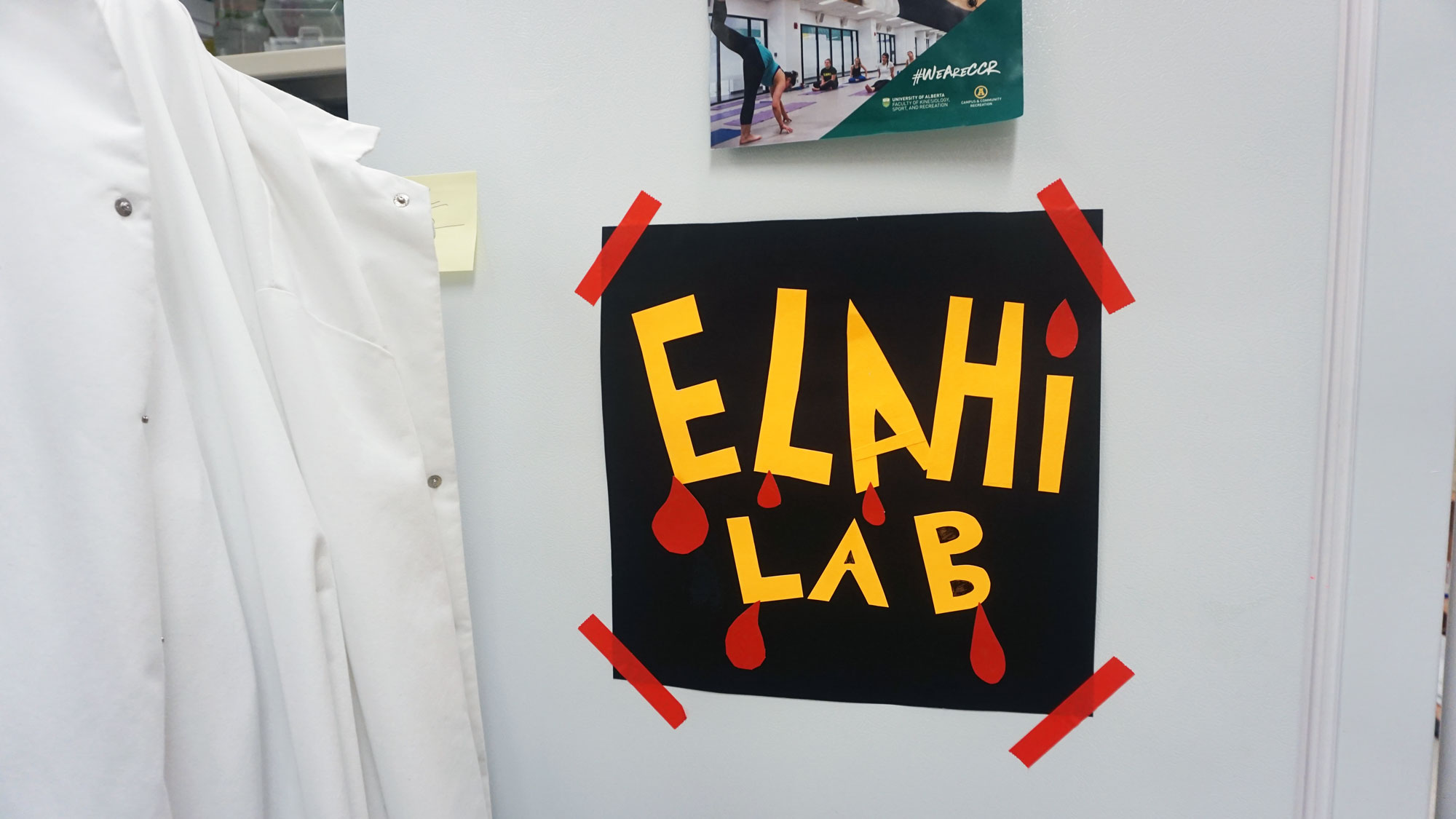What makes us immune to COVID-19?
Jessalyn King - 30 April 2020

A team, led by immunologist Dr. Shokrollah Elahi of the School of Dentistry, is working to find the basis for a COVID-19 vaccine by comparing how the immune system of patients differ in ICU versus those with milder symptoms.
Elahi explains that a big problem with this new virus is that we have so many unanswered questions about it. For one, his team is trying to characterize the response of different immune cells to COVID-19 infection, identifying what is a protective immune response and what is non-protective.
"People who get infected with COVID-19 respond differently," he says. "We really don't know why some provide a balanced immune response and tolerate the presence of the virus in their body. This balanced immune response results in the clearance of the virus and minimal damage to the host. And, in other cases, the immune system responds rapidly and in an excessive way to the virus. This hyperimmune response, or accelerated reaction, results in collateral damage and comes with a price for the host."
Correlates of protection are the signs that a person is protected against a virus. In many viruses like the flu or rubella, the presence of antibodies serves as the correlate of protection. For other viruses (HIV, for example), antibodies mean nothing. "We really don't know the correlates of protection yet," Elahi says. "Some reports suggest that antibodies may provide protection but it has not been proven yet."
Figuring out the correlates of protection is the first step researchers need to work out before a vaccine can be developed. Elahi believes studies such as the one he's working on with the team will provide a foundation for the design of potential vaccine candidates or therapeutic interventions.
Elahi would like to acknowledge the support of doctors from the University of Alberta hospital, Dr. Mohamed Osman (Rheumatology) and Dr. Wendy Sligl (Intensive Care and Infectious Diseases) who have been invaluable in providing access to patients for the studies.
They hope to see results within six months, but for now, they are working 7 days a week and spend at least 12 hours a day on the bench or in their offices to make a contribution in the field.
This study is being funded by FastGrant.org, although the team started researching before having received funding. The Elahi lab has been successful lately due in part to his innovative previous research into HIV and newborn immune systems. This month, he was awarded a New Frontiers in Research Fund Grant from Social Sciences and Humanities Research Council and a member of his team, Ph.D. candidate Shima Shahbaz was awarded an Alberta Innovate Scholarship.